15. The Contest (Seinfeld, 1992)
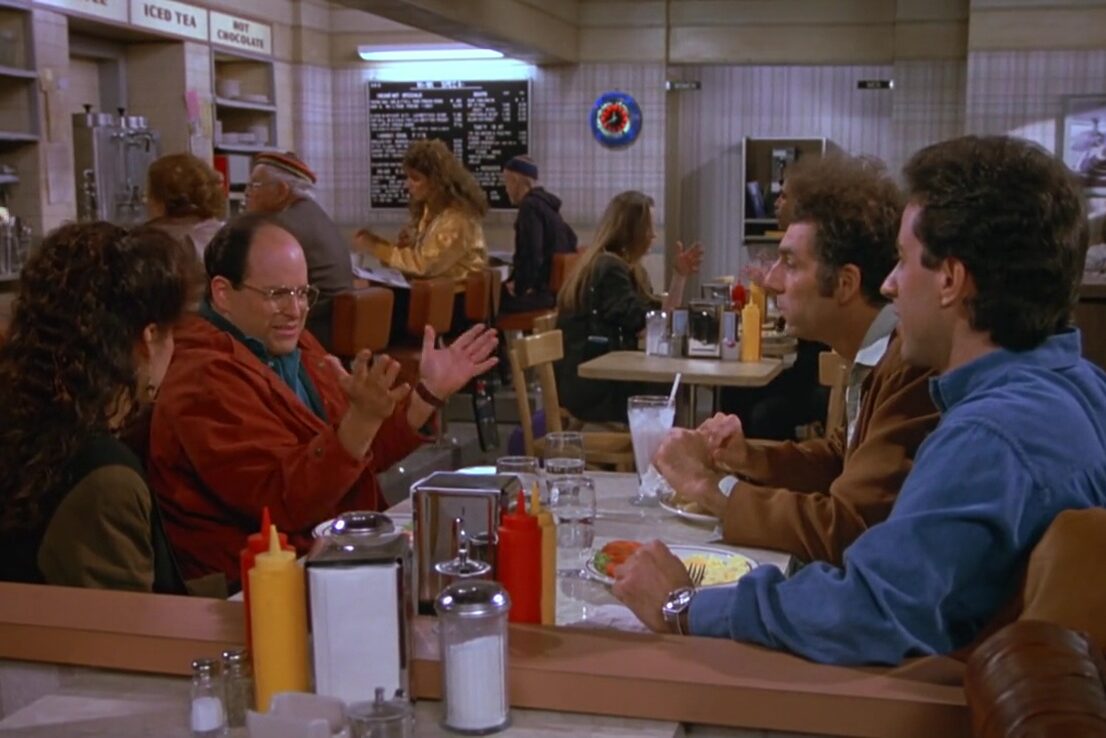
Named #1 on TV Guide’s “Top 100 Episodes of All Time,” this installment also earned Emmy, WGA and DGA awards for its writing and direction. Four friends compete in a wager over who can abstain the longest from self‑pleasure, but the show never says the word. Instead, witty euphemisms like “master of my domain” and impeccable comedic timing make the concept hilarious and boundary-pushing without being explicit. The episode explores themes of temptation, self-denial, and the different ways the characters cope with the challenge. George’s mother catches him in a compromising situation, leading to the contest. The episode also transformed Seinfeld into must‑see TV and demonstrated how clever writing can handle risqué subject matter with wit and restraint.
14. Fish Out of Water (BoJack Horseman, 2016)
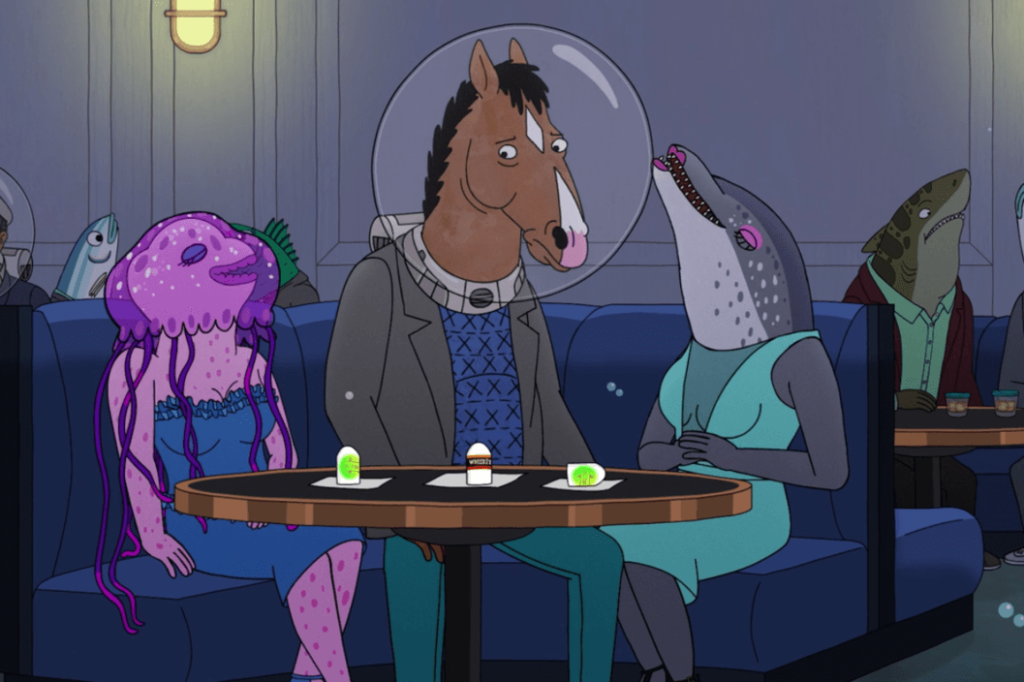
With an IMDb rating of 9.6/10 and featured at #26 on Rolling Stone’s 2024 list, this BoJack Horseman episode receives near-universal praise. Fish Out of Water” is the fourth episode of the third season of the American animated television series BoJack Horseman, and the 28th episode overall. Set almost entirely underwater and nearly silent, BoJack attends a film festival wearing an oxygen bubble suit rendering his usual sarcasm mute. The episode explores themes of loneliness, regret, and miscommunication through expressive visuals and subtle emotional beats. Its artistry lies in conveying deep emotion without dialogue, making it resonate even with viewers unfamiliar with the series.
13. Pine Barrens (The Sopranos, 2001)
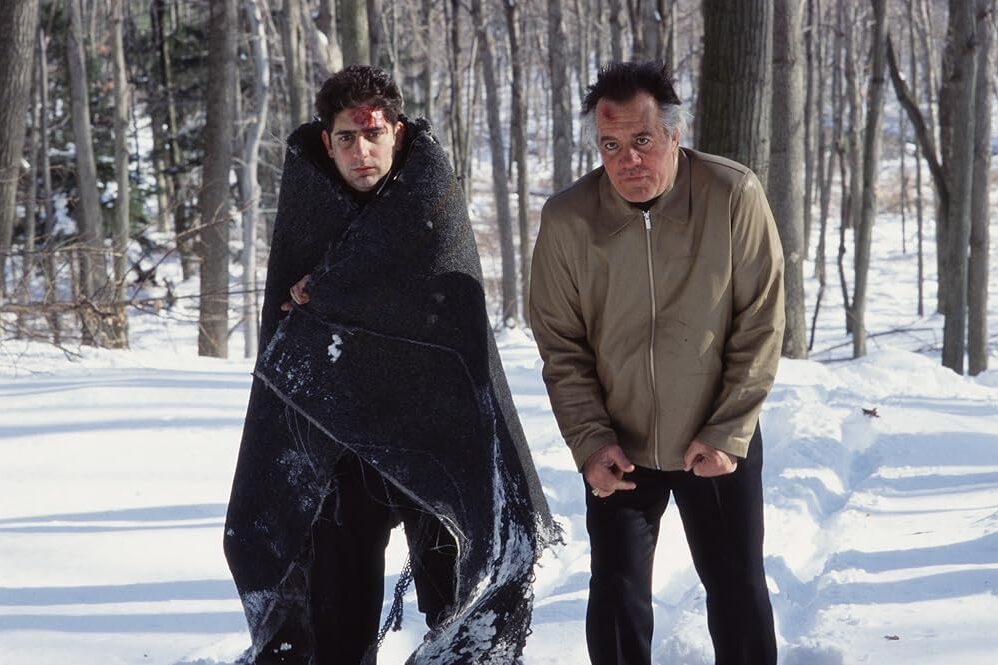
“Pine Barrens” is a critically acclaimed episode of The Sopranos (Season 3, Episode 11) that follows mobsters Paulie Walnuts and Christopher Moltisanti as they get lost in the Pine Barrens while trying to dispose of a body. The episode, known for its dark humor and suspense, also features Tony Soprano dealing with his girlfriend Gloria Trillo and Meadow’s relationship with Jackie Jr. The episode title refers to the real-life protected wilderness area in southern New Jersey where much of the episode takes place. It’s a standout example of the show’s ability to blend menace and humor with creative unpredictability.
12. J.R. Cliffhanger (Dallas)
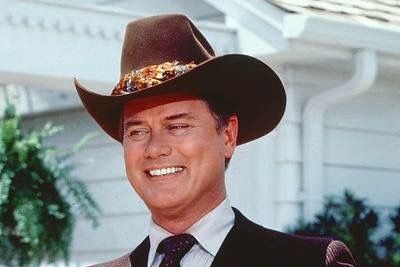
In March 1980’s “A House Divided,” J.R. Ewing is shot in a dramatic season finale that halted more than 83 million U.S. viewers, 76 percent of all who were watching television, waiting months for answers. The follow-up, “Who Done It?,” aired in November and revealed Kristin Shepard as the shooter, cementing the episode as a global cultural event and popularizing the season‑end cliffhanger format in TV writing.
11. All the Janets (The Good Place)

In “Janet(s)”, the Season 3 episode of “The Good Place”, D’Arcy Carden delivers a standout performance by portraying multiple versions of Janet, showcasing her exceptional comedic timing and emotional range. The episode features Carden as the main Janet, Bad Janet, and a newly introduced Neutral Janet, as well as Janet impersonations of the other main characters. Her ability to switch between these different personalities, while maintaining the core essence of each, is a testament to her acting skills.
10. Every Death (Six Feet Under)

The series finale of Six Feet Under, titled “Everyone’s Waiting”, does indeed depict the future deaths of the main characters through flash-forwards following the funeral of Nathaniel Fisher Sr. The final scene, set to Sia’s “Breathe Me,” shows Claire driving away, and then jumps forward in time, showing the deaths of Ruth, Keith, David, Rico, and finally Claire herself, all interspersed with moments of their lives.
9. Chaos Theory Roll‑Out (Community)
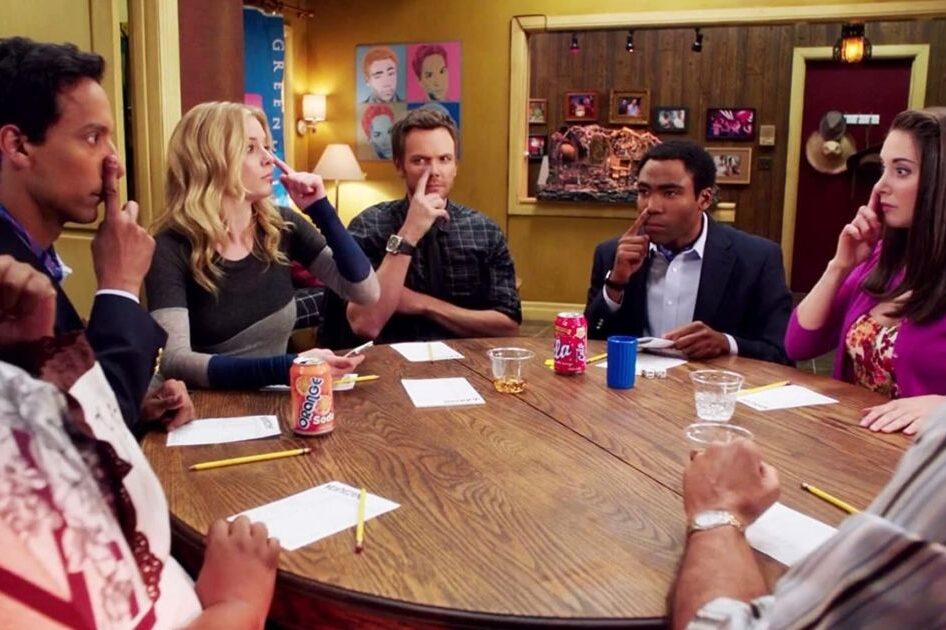
When Jeff rolls a die to decide who fetches pizza, “Remedial Chaos Theory” unfolds six alternate timelines, plus the “prime” reality where Abed intercepts the die. Each variation shows what happens when a different member leaves, revealing cracks in the group’s chemistry and sparking the infamous “darkest timeline” in which Pierce is shot and a fire erupts. This episode is widely hailed for its brilliant structure, quick wit, and character insight, earning acclaim as sitcom storytelling at its most inventive and emotionally resonant.
8. Psychic Grace (The X‑Files)
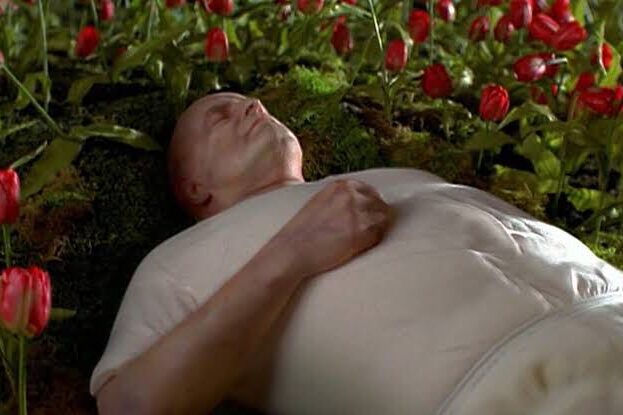
In “Clyde Bruckman’s Final Repose,” a weary psychic named Clyde predicts how people will die, including Mulder and Scully, before meeting his own tragic end. The unexpected blend of dry humor, pathos, and philosophical weight turns a ghost story into an exploration of fate, mortality, and empathy. It’s one of the emotionally richest and most beautifully crafted episodes in the series, with standout performances and clever writing that elevate its supernatural premise into something deeply humane.
7. Teddy Horror (Atlanta)

“Teddy Perkins” creeps in like psychological horror disguised as a guest visit. This episode, a standout in the series, is a surreal and unsettling exploration of family, abuse, and artistic legacy, heavily inspired by Michael Jackson and featuring a character named Teddy Perkins. The episode centers around Darius, who visits a secluded mansion outside Atlanta to pick up a piano and encounters Teddy, who is caring for his wheelchair-bound brother, Benny, a famous musician.
6. Deep Don‑Peggy Bond (The Suitcase)
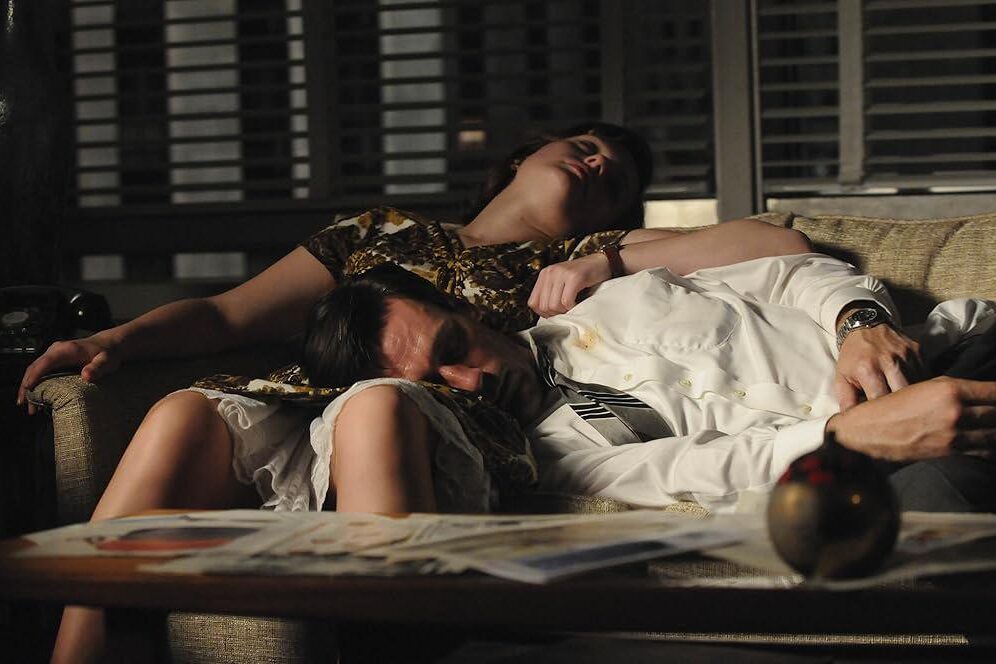
This mid‑Series Four episode of Mad Men isolates Don Draper and Peggy Olson in a late‑night work marathon to save a Samsonite pitch, just as Don grieves Anna’s death and Peggy struggles with her own sacrifices. Their frank conversations, ranging from power dynamics to personal loss, culminate with Don squeezing Peggy’s hand in a gesture of unspoken respect. The episode is often called the soul of the series: it distills its emotional weight, slow-burning intimacy, and character complexity into one unforgettable hour. Viewed as the show in miniature, its writing and performances exemplify Mad Men’s narrative mastery.
5. Time‑Warp Constant (Lost)
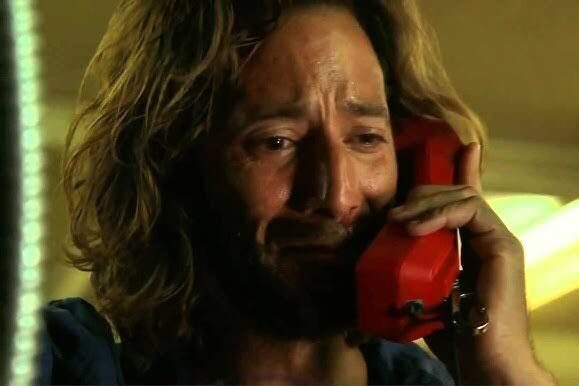
“The Constant” merges time travel and emotional reunion as Desmond hops decades in an effort to save himself. When he connects with Penny across timelines during a distressing return to the past, her voice becomes his anchor, his “constant.” The episode is celebrated for breathtaking sci‑fi logic mixed with raw emotional payoff, balancing suspense with a deeply moving love story across time. It remains one of Lost’s most universally praised episodes, showing how a technical twist can serve a profoundly human heart.
4. Springfield Strike Satire (The Simpsons)
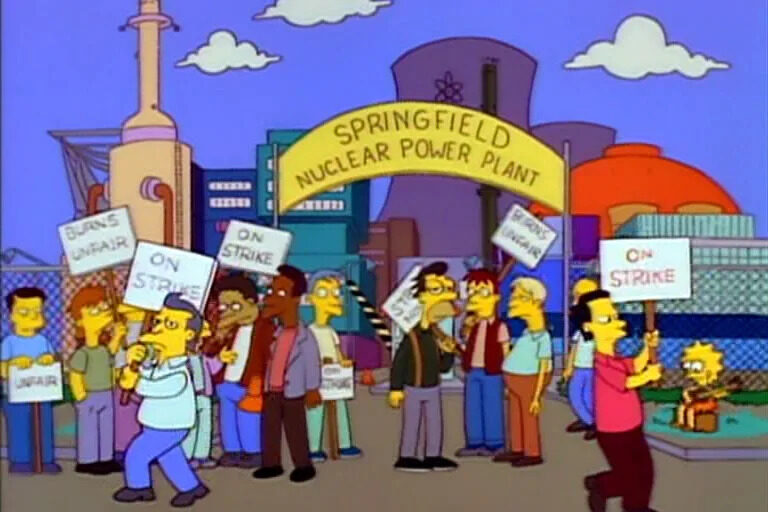
When Simpsons staff lose their dental plan just as Lisa needs expensive braces, Homer leads the union in a strike against Mr. Burns to win it back. The episode intertwines sharp satire, on labor rights, healthcare access, and corporate greed, with endless comic vignettes and iconic quotes. Critics consistently name it the series’ best, thanks to its flawless pacing, layered social commentary, and enduring jokes like the McBain action cutaways and “dental plan/Lisa needs braces” gag. Considered by many as the pinnacle of animated political satire, it showcases The Simpsons at its smartest and funniest
3. Farewell to the 4077th (M A S H)
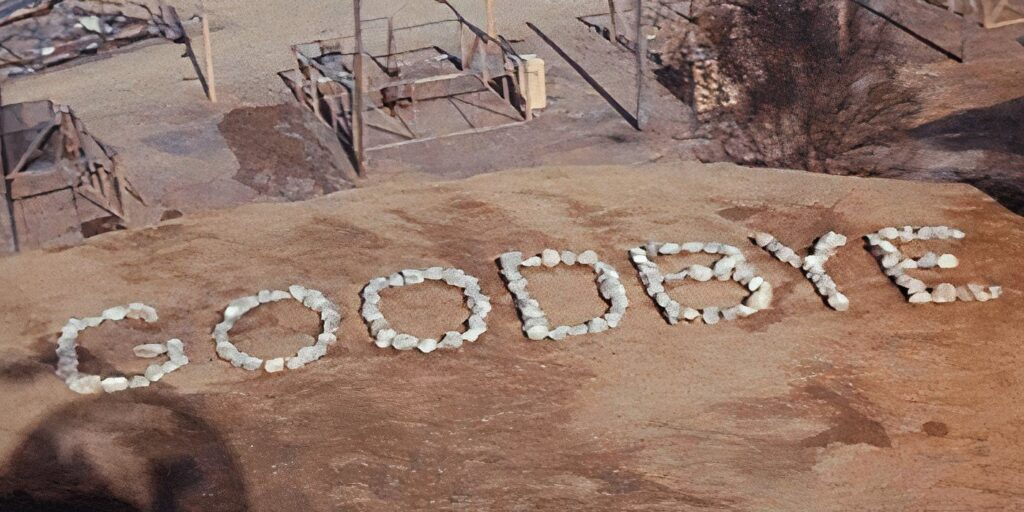
In its two‑hour finale, “Goodbye, Farewell and Amen,” MAS*H brings the Korean War to a close as the 4077th disbands and farewells unfold. It seamlessly blends grief, hope, and camaraderie, with characters reconciling, moving on, and reflecting on trauma. When it aired February 28, 1983, it drew over 125 million viewers, still the most‑watched U.S. TV episode ever, making it a landmark in both emotion and reach.
2. Everything Falls Apart (Breaking Bad: Ozymandias)
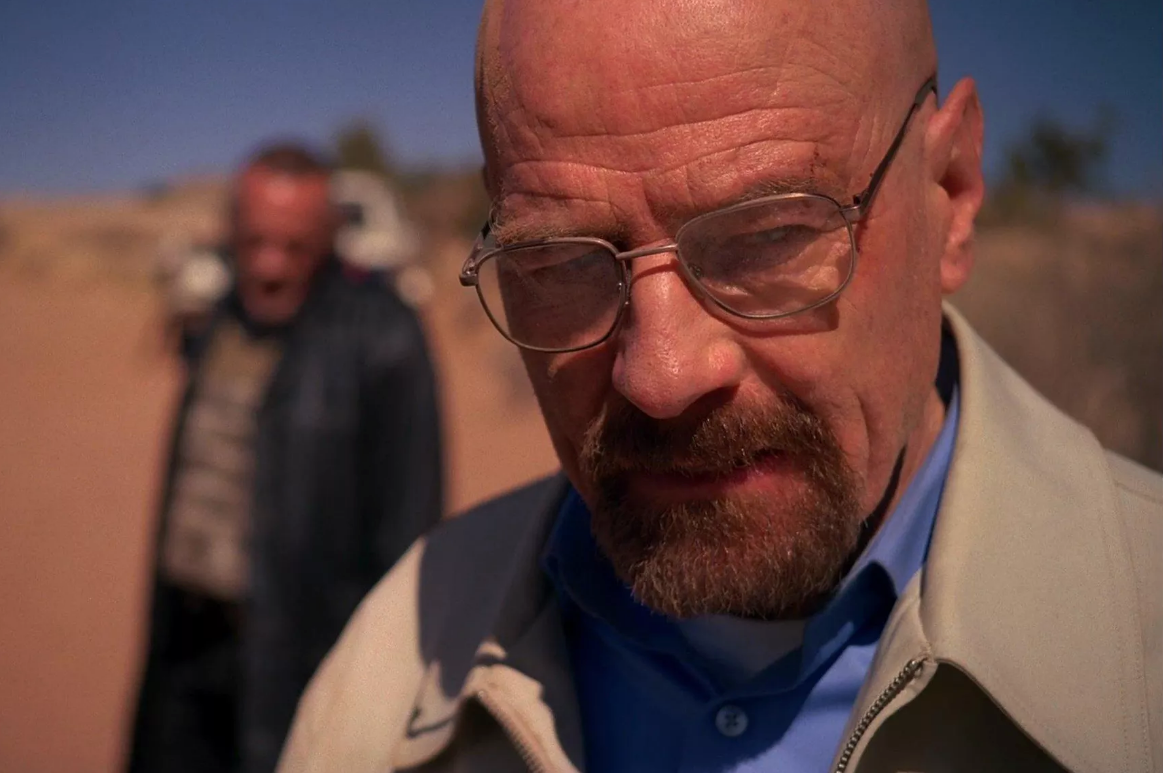
This is the same “Ozymandias” as above, often ranked second, but often singled out for its relentless emotional escalation: Walter’s empire shatters, his betrayal of Jesse and family plays out painfully, and the world closes in around him. It is widely considered not just the peak of Breaking Bad, but of prestige‑drama storytelling overall. With flawless direction, devastating emotional beats, including Walt’s phone call to Skyler, and a perfect IMDb 10.0 rating, many consider it TV’s zenith of tragedy and storytelling
1. The Red Wedding (Game of Thrones)
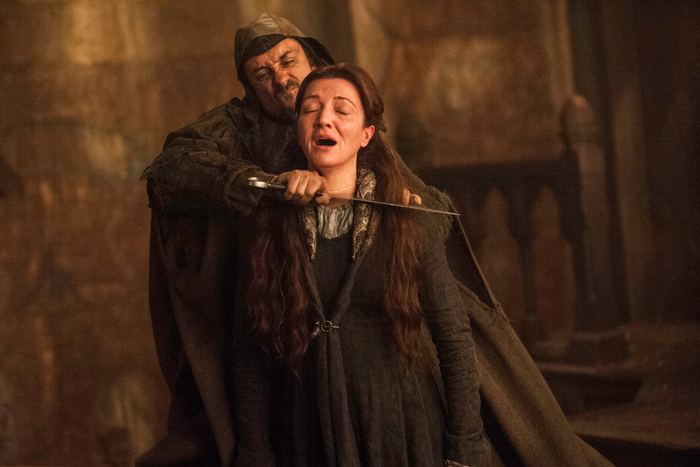
In “The Rains of Castamere,” Roose Bolton and the Freys betray Robb Stark during a wedding feast, orchestrating what became known as the Red Wedding. As the Lannister theme plays during the massacre, viewers are confronted with shocking narrative brutality and subverted fantasy tropes. It earned Hugo and Emmy nominations and remains one of television’s most haunting and impactful episodes, provoking stunned reactions across the globe.
This story 15 Greatest TV Episodes of All Time, Ranked by Critics and Fans was first published on Daily FETCH


